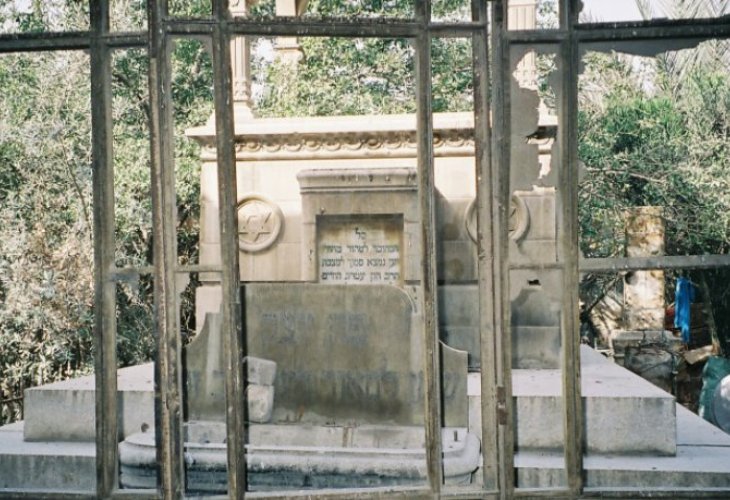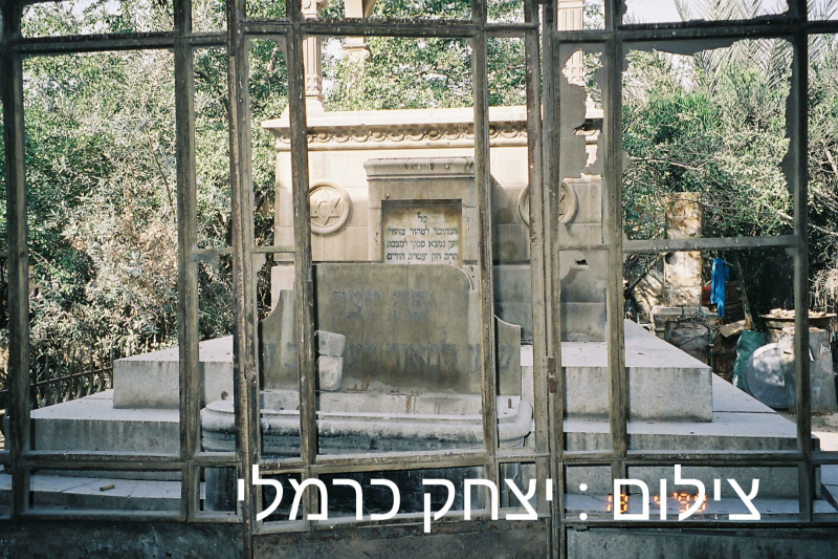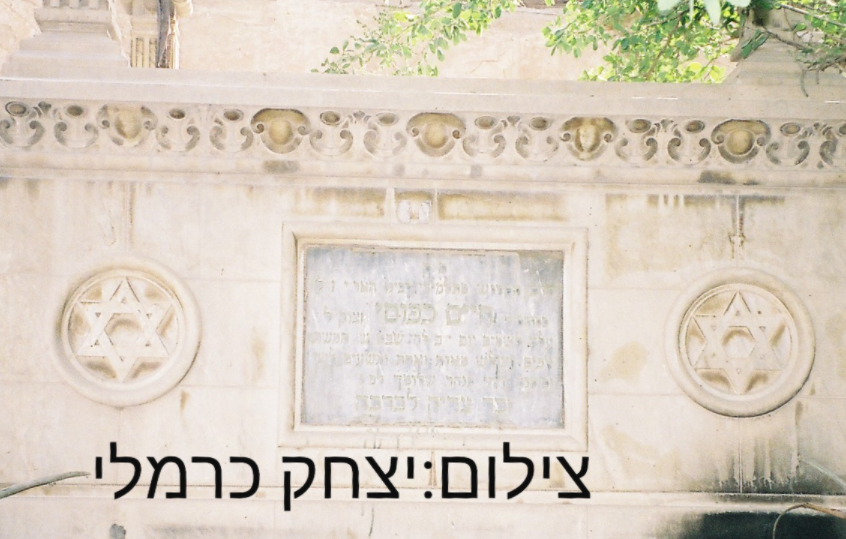Why Did Rabbi Ovadia Yosef Advocate Praying for Egypt's President?
Exploring the intriguing decision of Rabbi Ovadia Yosef to pray for President Hosni Mubarak's wellbeing. Special piece for the yahrzeit of Rabbi Chaim Kapusi.
 (Photo: Yitzhak Carmeli)
(Photo: Yitzhak Carmeli)Cairo, Egypt's capital, is home to the City of the Dead - a massive cemetery, partially demolished and plowed over. Bones and broken tombstones scatter between the crumbling clay and brick homes.
On the lands of these demolished graves, some of which belonged to Jews buried there for centuries, squatted tens of thousands of poor, homeless families.
For hours, I wandered among the ruins of the graves, trying to locate the resting place of Rabbi Chaim Kapusi, a prominent disciple of the Ari and an esteemed rabbi of Egypt, who served as chief judge and was buried there. Up until about a hundred years ago, his grave was enclosed by a high wall, surrounded by other significant Egyptian rabbis.
A few Egyptian pounds... and divine assistance led me to a neglected courtyard filled with scrap, where an elderly Egyptian woman resides. Amidst the olive trees, I found the grave of "Al-Hakim Kebusi," as the old woman referred to him, recounting how the neighbors destroyed the surrounding graves but couldn't demolish his.
Around 30 years ago, the grave was saved again, this time from authorities planning a road directly over Rabbi Kapusi's resting place. Rabbi David Schmidl of Atra Kadisha enlisted the help of Egypt's then-chief rabbi, Rabbi Ovadia Yosef, and Israel's young interior minister, Aryeh Deri. The three flew to Cairo to meet Mubarak, who promised and acted to change the road's path. Promise made, promise kept.
Just a few understood Rabbi Ovadia's cryptic request to his followers at the end of a sermon in Yazdim: "Pray for him, he listened to me...."



